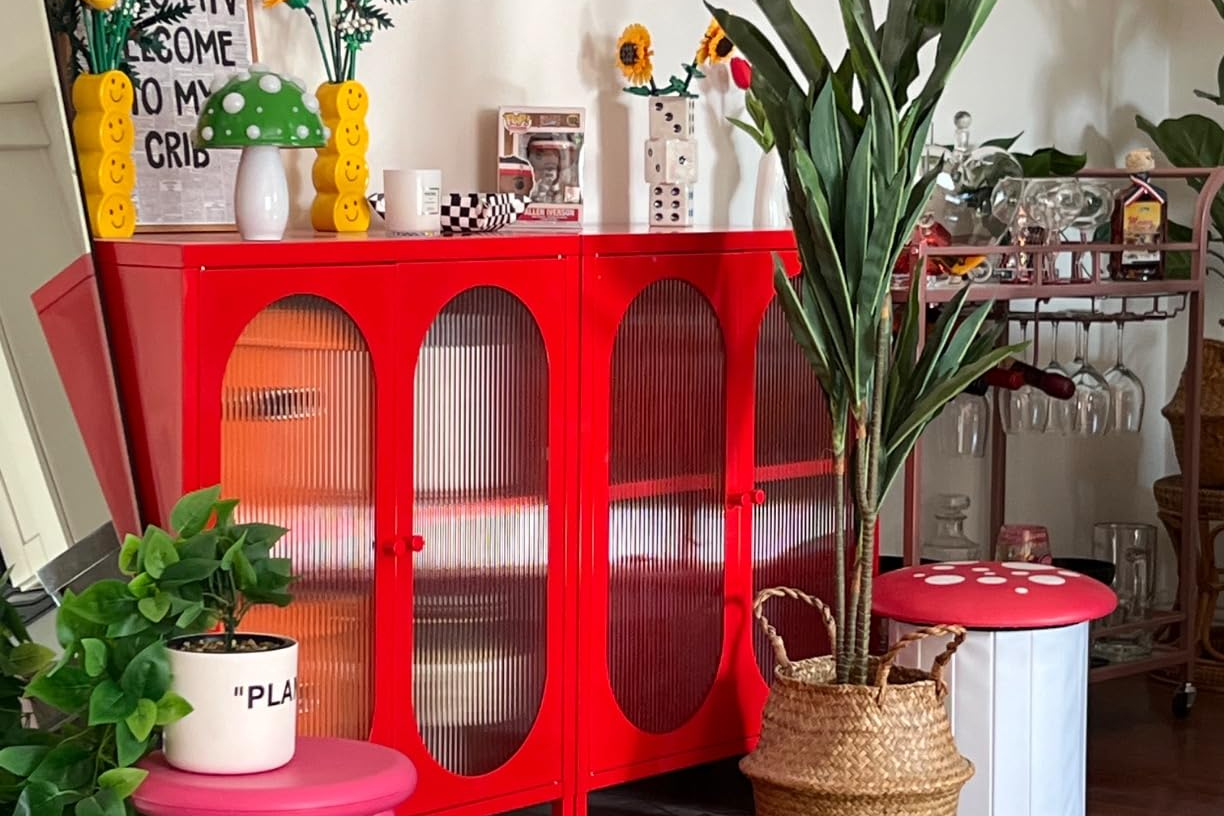 On Dec. 21, Terry Gross's "Fresh Air" featured an interview (podcast available here) with Anthony Shadid of the New York Times, who has covered the uprisings in Egypt and elsewhere in the Arab world and was held prisoner by Qaddafi's forces in Libya. His accounts of getting in and out of Syria and the terrifying incident in Libya, where his driver was killed, are riveting. He spoke movingly about watching history unfold in Tahrir Square and throughout the region:
On Dec. 21, Terry Gross's "Fresh Air" featured an interview (podcast available here) with Anthony Shadid of the New York Times, who has covered the uprisings in Egypt and elsewhere in the Arab world and was held prisoner by Qaddafi's forces in Libya. His accounts of getting in and out of Syria and the terrifying incident in Libya, where his driver was killed, are riveting. He spoke movingly about watching history unfold in Tahrir Square and throughout the region:I think when you look across the Arab world, absolutely, but even elsewhere, this idea of old kind of paradigms coming to an end and that people are searching for something that can represent them better, that's more meaningful to their lives, that somehow maybe transcends these older institutions that have held sway over so many places for so long - interestingly, I mean just as a kind of footnote here, or even, you know, a side note here, is that you often hear this from Islamists. When I was talking to Rashid al-Ghannushi, a very prominent Tunisian Islamist leader, he made the very same point to me, that what he was seeing going on with Occupy Wall Street, with the Arab Spring, was that, you know, people were looking for ideologies that were different. Of course he was volunteering his ideology as a replacement, but I think that sense of things coming to an end is very powerfully felt in a lot of places right now.Here's the challenge, as Shadid sees it:
Are these new systems of politics that emerged in, say, Egypt, Tunisia, Syria, you know, Bahrain, Yemen, any of those countries, are they going to revolve around this access of citizenship, or are these societies going to divide along, you know, I think more kind of basic notions of sect or ethnicity or other notions of identity that feel very exclusive?Although it wasn't mentioned in the 40-minute interview, Arabs actually don't have to look far for inspiration. Israel is multiethnic and democratic. While it's a majority Jewish state, Arab citizens, whether Muslim or Christian, worship as they choose, vote, and own property, as do women. It has a strong secular sensibility. Some 10,000 demonstrators took to the streets this week to protest plans by Israel's ultra-orthodox minority, the haredim, to subjugate women. The more that emerging Arab polities resemble Israel, enabling freedoms that have been scarce or nonexistent in Arab countries so far, the better off their people, and especially their women, will be. As for Palestinians living under occupation on the West Bank, they're the least free in Israel but still among the freest in the region. They'll be worse off if an independent Palestine follows the old Arab paradigm instead the new Israeli one. Here's hoping that as Fatah and Hamas grow closer, the Palestinian movement doesn't lose its taste for democracy and gender equity.
Being viewed with distaste by its neighbors and relegated to the global doghouse for dragging its feet on Palestine doesn't make Israel in particular or democratic values in general less worthy models. On the contrary, it's a helpful lesson for democrats in training. We may feel that Benyamin Netanyahu's hardline policies are wrong and that the wisest step for Israel in the wake of the Arab spring would be to set up a Palestinian state as quickly as possible. That Israel's elected government doesn't agree is a reminder that while despots, to whom we hope Arab nations are saying goodbye forever, don't have to listen to their people, elected leaders do.


.jpeg)





No comments:
Post a Comment